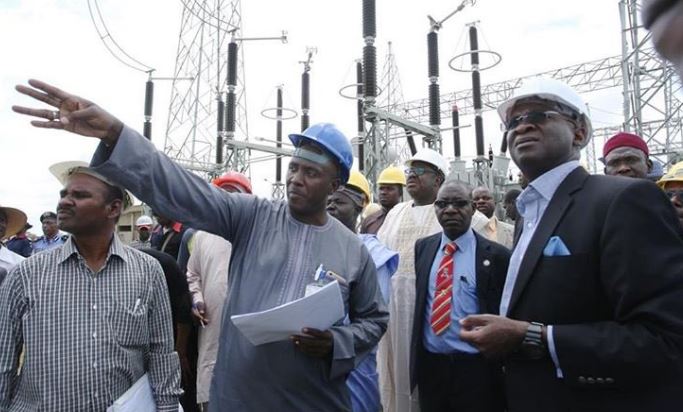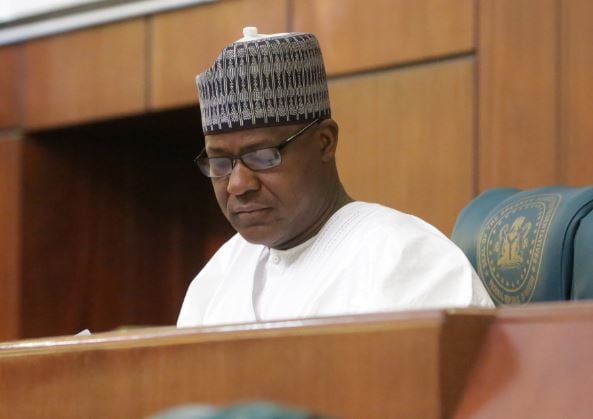With the increase in capacity to produce enough power for the nation, Nigerians are asking the burning question: why haven’t we seen this newly added capacity when we switch on our fridge, fan or TV? Why is electricity generation not better as promised?
The answer is that most of the newly added capacities have been constrained from reaching the end user of the power. The country needs electrical power to feed its industries which in turn grows the nation’s economy.
The big questions are:
(a)Who constrains the GenCos’ available capacity of 7,500MW from effectively being converted to useable energy?
Advertisement
(b)Any justification for constraining the available capacities;
(c)Have the GenCos been receiving their revenue for these constrained capacities (otherwise called deemed capacities) since the constraints are due to no fault of theirs?
The answers are:
Advertisement
(a)The grid code demands that all network users including the GenCos should as a matter of rule obey any instruction from the system operator (SO). Therefore, despite the GenCos efforts to increase their available capacity effectively nominating same on a daily basis, the SO has the grid right to instruct any GenCos to reduce or cut down on its nominated capacity. To safeguard the grid from partial or total system collapse, the system operator is justified for issuing such instructions as above.
In view of these facts, the legacy GenCos are yet to be paid the deemed capacity since November 2013.
It is imperative to note that for a GenCo to nominate any capacity, it means effective commitments has been made as per gas for thermal plants and other equivalent necessary overhead costs which applies to both thermal and hydro plants. Costs associated with deemed capacity are legitimate cost that must be recovered. When there are restrictions on the grid either due to load rejection on the part of the DisCos or congestions on the transmission network (line cuts, transformer faults, etc.) to evacuate available capacity, the SO instructs the GenCo to ramp down on its nominated capacity and the GenCo must comply.
In global electricity markets, compelling a generating station to reduce its generation in order to maintain the power grid attracts financial costs as contained in power purchase agreements (PPAs). It is not different in the Nigeria electricity market which clearly says in the Transitional Electricity Market (TEM) Order No. NERC/14/0008, Section 16B paragraph 1 & 2 OF 2014 that a generator will be paid for the generation capacity utilized to deliver electrical energy, plus deemed capacity; where ‘’ deemed capacity’’ is capacity that would have been delivered but for the SYSTEM OPERATOR’s instruction to the said generator to derate or reduce its capacity to achieve grid balance and stability.
Advertisement
Payments for deemed capacity over this period has run into billions of naira that would have been used in maintaining generating plants and paying for already purchased/contracted gas and services. Compelling a generator to ramp up and ramp down at unscheduled time affects it equivalent operating hours and stresses the internal parts of the machine thereby reducing the plants’ lifespan.
Generating plants can no longer sustain themselves as the percentage of their revenue received does not cover their operating costs. History has shown in the past three decades how generating plants were run right to the ground by the defunct NEPA/PHCN without paying attention to scheduled maintenance and overhaul. This new breed of determined operators has continued to maintain standards by increasing their national generation capacity without being paid rightly for their services.
It is only a matter of time for them to run out of funds to maintain the generation capacities and also to produce the much-needed energy for the nation. As a matter of urgency, generation companies are calling on all relevant government agencies to:
- Facilitate the payment of the outstanding invoices:
- Transmission Company of Nigeria(TCN) should improve the reliability of the power Grid System to avoid incessant blackouts and incidences of deemed capacity (stranded generation); and
- Maintain grid-acceptable frequency limits of between 49.5Hz and 50.5Hz at all times.
In other words, our position is that the total outstanding invoice on deemed capacity must be added to market revenue gap for payment.
Advertisement
Dr Ogaji is the executive secretary of the Association of Power Generation Companies
Advertisement
Views expressed by contributors are strictly personal and not of TheCable.







